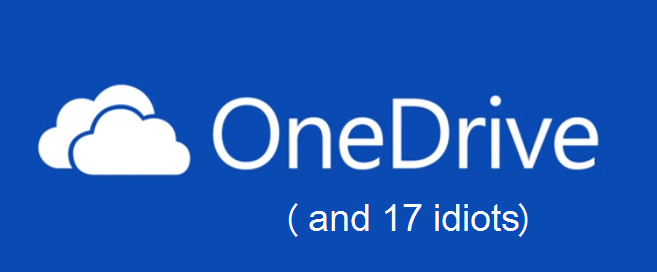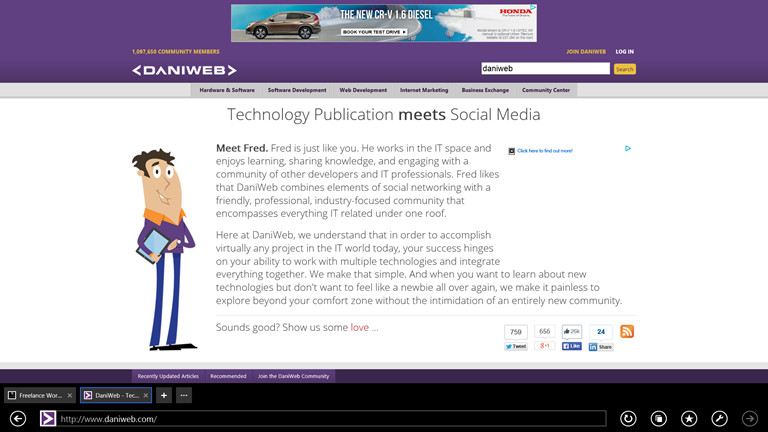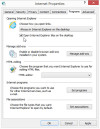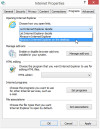Nice one Alan, you will have to post a pic once it is done. Unless it is on your arse. We don't want to see that ;)
As for the van, not a VW. Not a huge American jobby either. I'm picking up my Mazda Bongo (Japanese import) on Thursday. It's unconverted at the moment, so will be a project for me. Looking to add a rear conversion and turn it into a dayvan/weekender. Currently has 8 seats which fold flat to make a bed, which will be good enough for the time being. It's small, officially classified as a MPV rather than a van, about the size of a VW camper I guess. I'm naming it Jean-Claude, because it's one heck of a Damme Van.






























